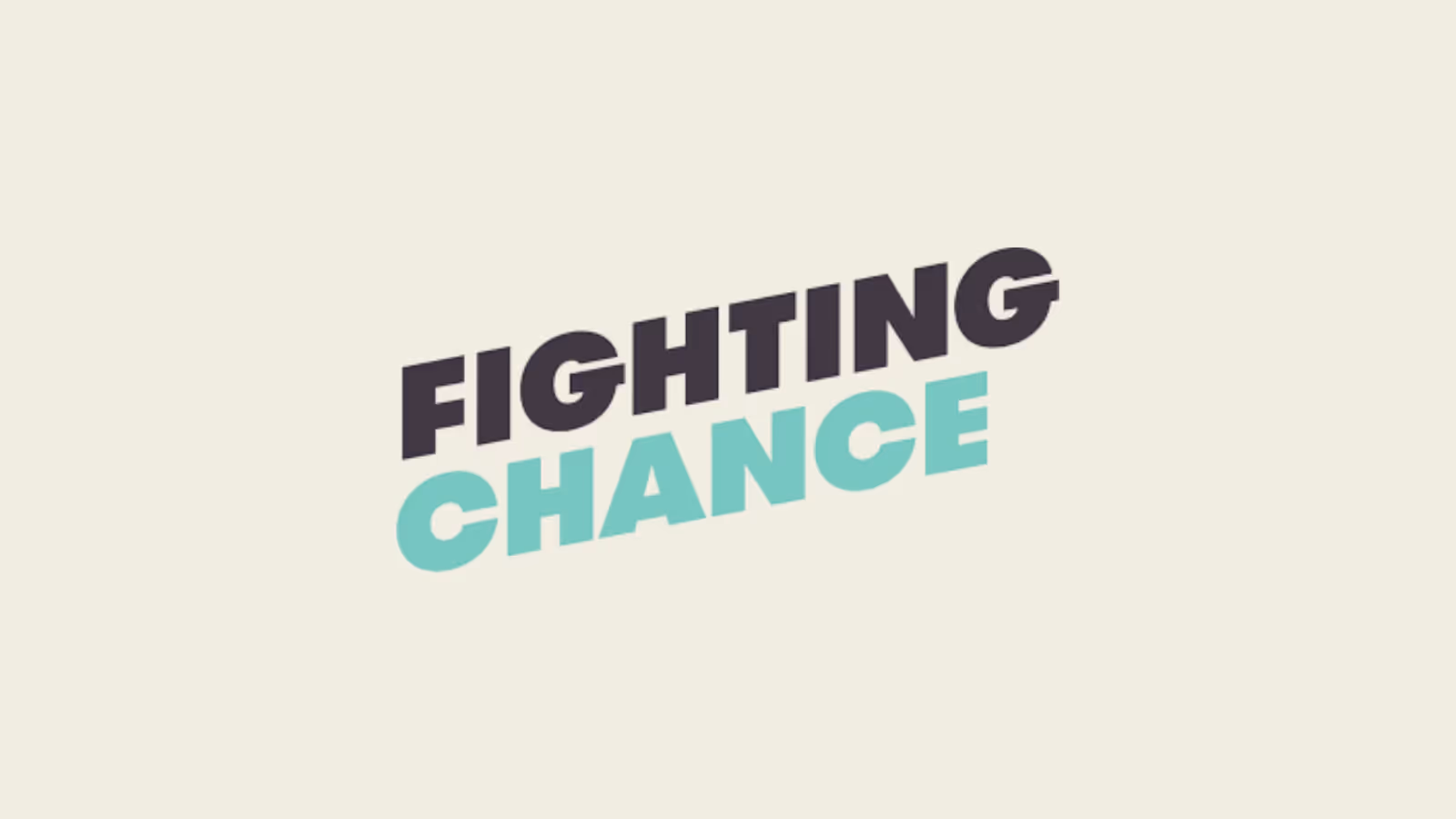Bullying As A Workplace Hazard
Bullying causes serious harm. Learn how to identify and manage bullying risks at work with Foremind.

Bullying is a psychological and physical hazard in itself. Workplace bullying is repeated, unreasonable behaviour directed towards a worker or a group of workers that creates a risk to health and safety.
Bullying is difficult to identify as it is often done in a way that prevents the perpetrator from being caught, that is why it is critical to have processes in place to make sure that a rogue manager can’t create issues and block things from being reported.
Let’s Look at an Example
Ben is a new apprentice who experiences threats, name-calling, physical harm as part of a “hazing” ritual when he starts his first job. Ben experiences extreme anxiety, unable to sleep and flashbacks causing him to be unable to work.
Types of Bullying At Work
Verbal Abuse
This includes shouting, ridicule, name-calling, or persistent criticism that undermines a worker’s confidence and creates a hostile environment.
Social Exclusion
Bullying can also take the form of isolating someone from team activities, withholding information they need to do their job, or deliberately excluding them from workplace communication.
Cyberbullying
Harassment or intimidation through digital channels such as emails, text messages, or social media can be just as damaging as in-person abuse and is increasingly common in modern workplaces.
Work Sabotage
Some bullies intentionally set workers up to fail — for example, by giving unrealistic deadlines, excessive workloads, or deliberately withholding key resources and support.
Organisational Responsibilities
Under WHS laws, employers have a duty to identify and manage psychosocial hazards in the workplace, including bullying.
This means conducting regular risk assessments to understand potential triggers, such as poor leadership practices, high workloads, or unclear role expectations.
Organisations should also develop and maintain a clear Bullying and Harassment Policy that outlines acceptable behaviour, reporting channels, and consequences for misconduct.
Training plays a crucial role — both leaders and employees need to understand what constitutes bullying, how to respond appropriately, and how to foster a respectful workplace culture.
In addition, employers must ensure there are fair, transparent, and confidential reporting and investigation procedures in place so that workers feel safe coming forward with concerns.
By embedding these measures into everyday practice, organisations not only meet their legal obligations but also create safer, healthier, and more inclusive work environments.

Hello 👋 I’m Joel the founder of Foremind.
Are you ready for simplified support & compliance?
Latest insights
Answers to the frequently asked questions.
Still have questions?
Email us at enquiries@foremind.com.au and we'll get back to you quickly with a response
Yes, we have culturally competent counsellors available, including those able to work with first nation and CALD employees.
Onshore on secure AWS Servers in Sydney Australia. All data is encrypted in transit and at rest and our entire team is located in Australia.
Employees can access our platform on any device (mobile, laptop, desktop, etc.) as long you have the website link - no need to download any app on devices. You wouldn’t need to enrol any of your staff individually.- When we do our onboarding, we ask for the first name, last name and email of all your employees, and send out an email invite to all them which will allow them to create their own individual account to access the platform. For new staff we can also invite them or provide you with a unique link to embed in your onboarding process, whichever is more convenient for you. We also kick things off with a launch webinar or video to make sure everyone is aware of Foremind and how to use it. We’ll also provide you with any collateral such as posters, QR codes, brochures etc. to help drive awareness and encourage people to create an account in the platform.
The support line is answered by our reception service 24/7. It is for urgent platform or session-related issues only (e.g. *“My counsellor didn’t show”*) or helping staff create an account.





